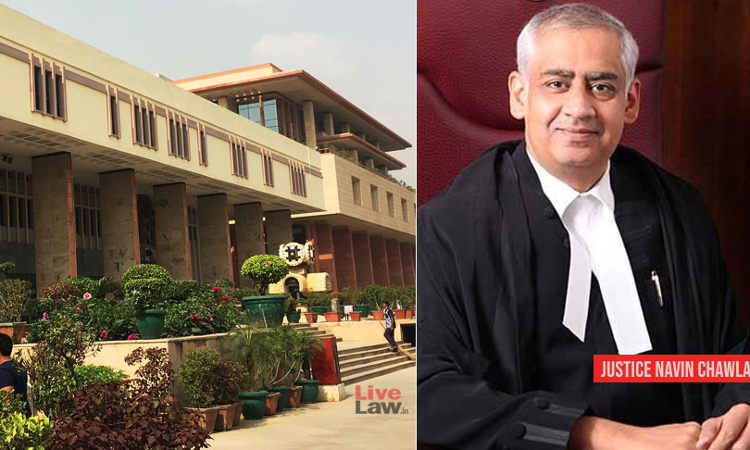The Delhi High Court has ruled that though in terms of the judgment of the Supreme Court in M/s N.N. Global Mercantile Private Limited vs M/s Indo Unique Flame Ltd. & Ors., 2023 SCC OnLine SC 495, an Agreement containing an arbitration clause which is not properly stamped, cannot be admitted in evidence. However, once the Agreement has been admitted in evidence by the Arbitrator, who...

